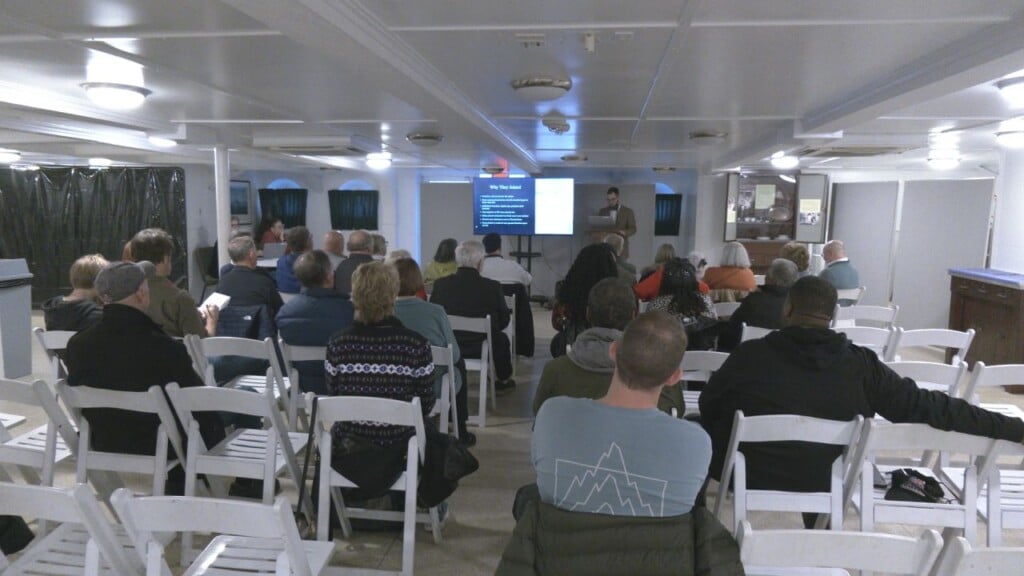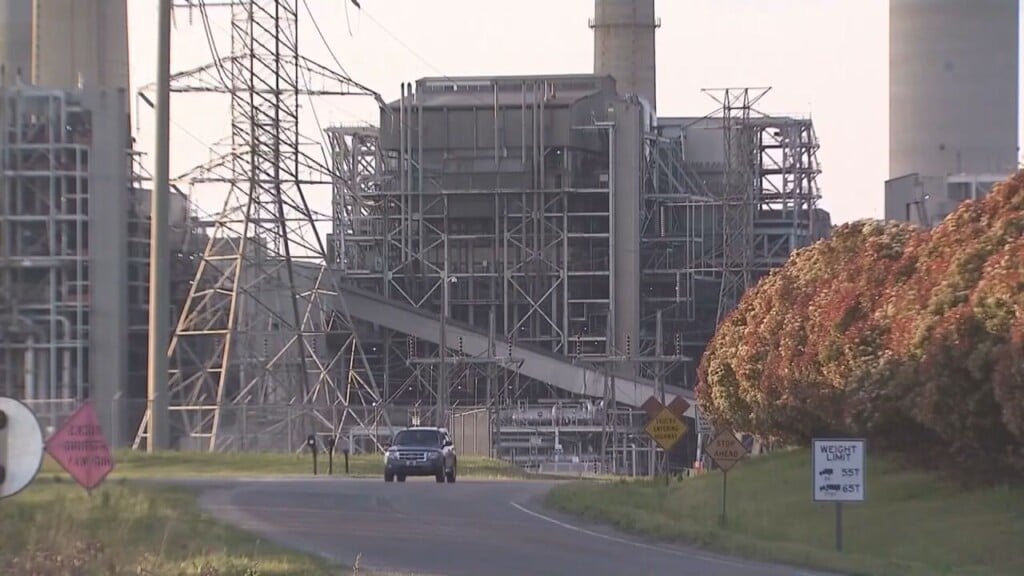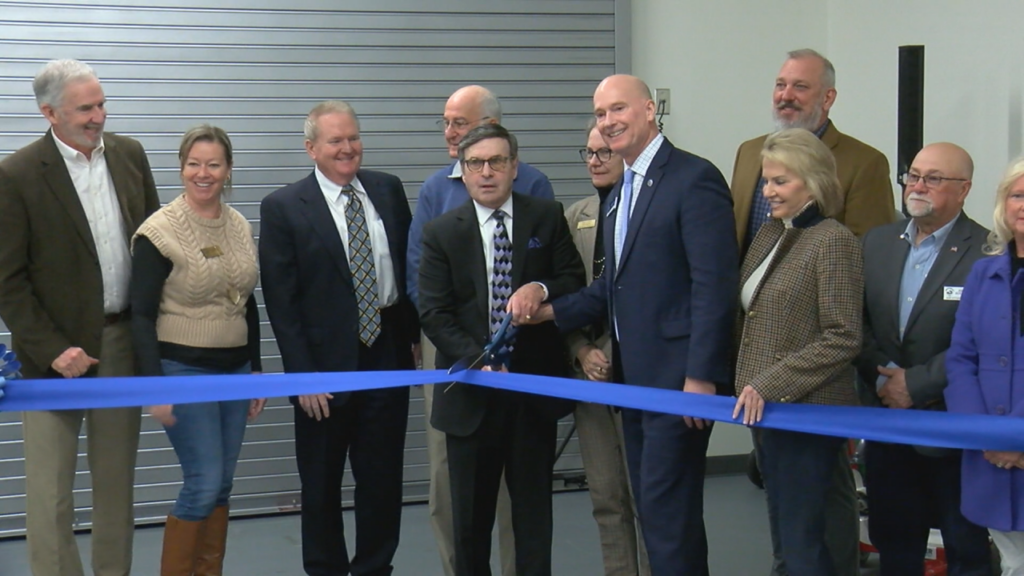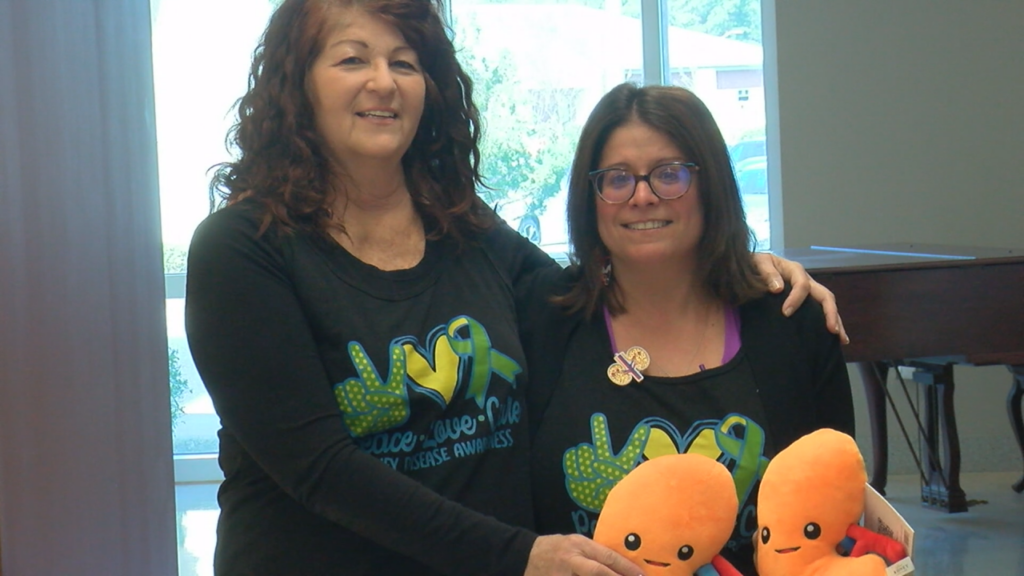Proposed Wilmington Harbor dredging raises fears for low nesting birds
WILMINGTON, NC (WWAY-TV) – There is a peace that many birds like the brown pelican and white ibis find along the Cape Fear River.
Lindsay Addison, a biologist with the Audubon Society, an organization that protects birds and their habitats, said 30% of the state’s coastal waterbirds nest on the Cape Fear River. But these nesting birds are under threat.
“These islands are subject to extreme wave energy from the passage of these large cargo ships,” Addison said.
Addison said that with each upgrade in the class of cargo ships, the larger the wakes that flood into these bird nests.
“So you have these big tsunami-like events that crash down onto the shorelines which degrades the habitat along the shoreline of the river and we see increased erosional effects,” Addison said.
On Monday, the state coastal agency hosted a public hearing ahead of a proposed dredging project in the Wilmington Harbor, which would allow massive ships like the Post Panamax Generation III into the harbor.
More than 50 people gathered for the hearing, held at the Skyline Center.
A portion near the mouth of the Cape Fear River was already dredged earlier this year, which increased the depth of the river near Southport.
Roger Shew, a retired geology and environmental science professor at UNCW said currently, a larger cargo ship must bring a lighter load in the Cape Fear, which means less cargo and more trips.
“Can we be that niche port that still brings in Generation 3 ships but also the other ships that have made you know New Orleans and Morehead City profitable ports.”
Still, Shew said that while the larger cargo can be beneficial, it could lead to what’s called secondary impacts, like truck and railroad traffic.
“I don’t take this lightly, I think it’s worthwhile investigating, but you need to look at all of the impacts that are there.”
The project could also leave these birds in a vulnerable position alongside a loss of wetlands, increased flooding, saltwater intrusion and the spread of forever chemicals or “PFAS.”
Kerri Allen, the coastal management director for the North Carolina Coastal Federation said the project’s impact has left her with questions
“These are a lot of risks that can’t be undone and if we’re not seeing the economic justification for it then maybe we need to go back and see what else can be done.”




